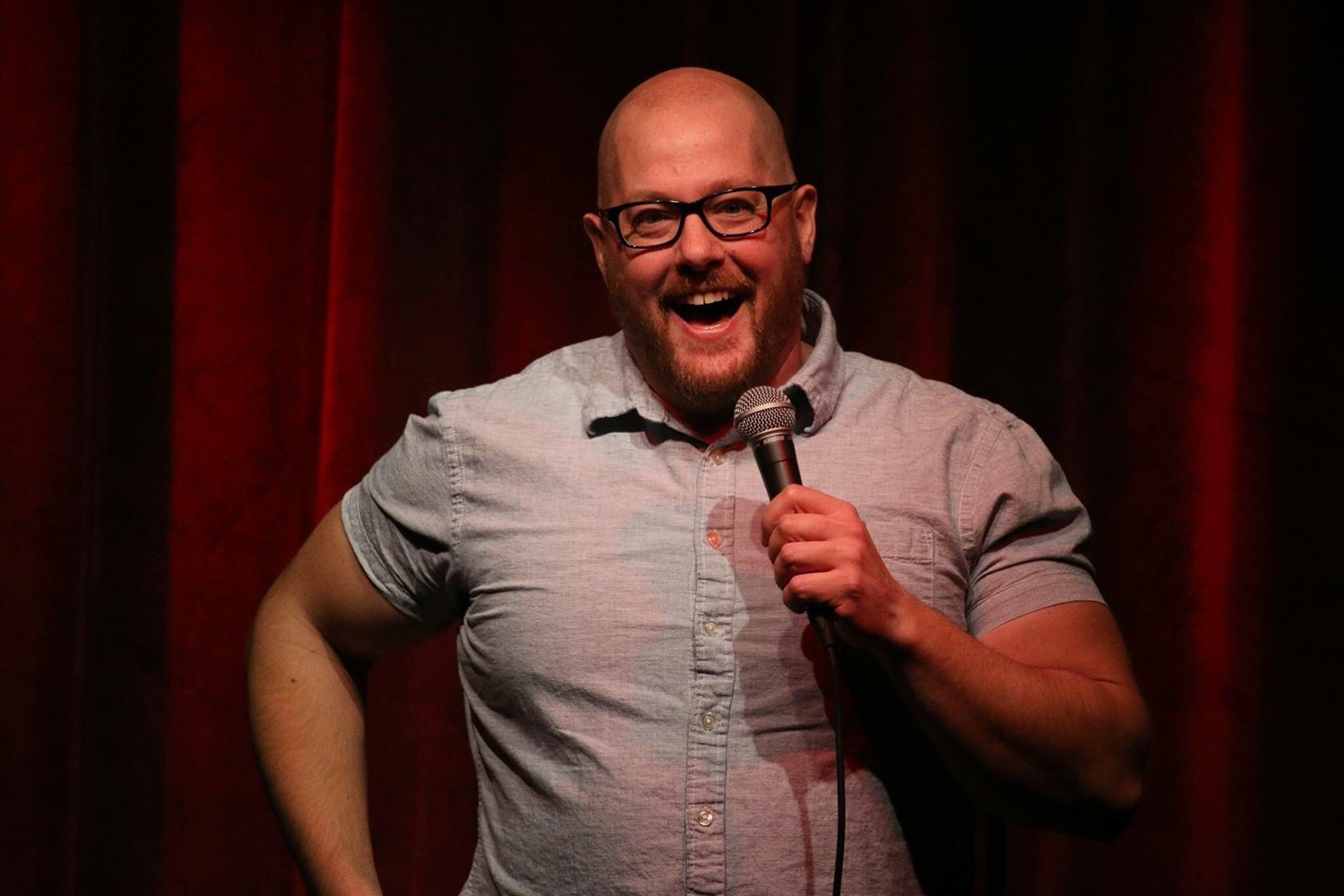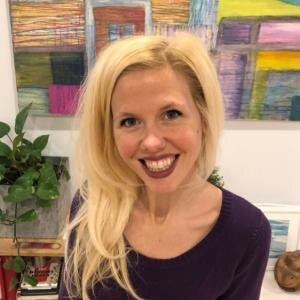NEW SHOW FEATURE: If you want to ask Ron or Ed a question and be featured on the show, please submit a voice recording from any device at https://thesoulofenterprise.com/questions
SHOW SUMMARY: In this episode, Ed and Ron delve into the profound insights from Peter Block's book The Answer to How is Yes, especially his How? vs. What Matters questions. We'll explore these six pivotal questions that Block argues keep us trapped in our current way of thinking and prevent us from embracing true change. These questions, often disguised as practical concerns, subtly hinder our ability to innovate, take risks, and transform both ourselves and the world around us. Join us as we unpack the deeper meaning behind each question and discuss how shifting our mindset can open up new possibilities for leadership, creativity, and personal growth.
SHOW NOTES
Segment one:
Ed wanted to kick off the show today with a quote from Lewis Carroll: Do we decide questions at all? We decide the answer no doubt, but surely, the question decides us.”
Today’s show is about Peter Block’s book from 2002, “The Answer to How Is Yes: Acting on What Matters” https://www.amazon.com/Answer-How-Yes-Acting-Matters/dp/1576752712
Peter Block’s epigraph to the start of the book “The Answer to How is Yes” is “transformation comes more from pursuing profound questions and seeking practical answers”
The premise of the book, “The Answer to How is Yes” is that there are roughly six questions Peter Block believes that we spend 90% of our time on in business https://www.amazon.com/Answer-How-Yes-Acting-Matters/dp/1576752712
The Finance and Accounting Tech Expo is on October 29-30. Over 1,400 of your colleagues have already registered and you can go for FREE. Just use the code kid812 at this link https://strategiccfo360.com/fate/
Segment two:
The alternative to asking the “HOW” questions in Peter Block’s book is yes. It's a stance towards the possibility of more meaningful change. More at this link: https://www.amazon.com/Answer-How-Yes-Acting-Matters/dp/1576752712
One of Block’s questions in the book, “The Answer to How is Yes” is: What is the price I am willing to pay? This is all about value because the definition of economic value is the maximum price a customer is willing to pay for an item
1/2 “When we follow fashion and ask for steps, recipes and certainty, we deny our freedom. For we are trapped by the very act of asking the question.” —Peter Block
2/2 “Freedom asks us to invent our own steps, to be the author of your own experience. Asking how is an escape from freedom and accountability. We wish to go to heaven, and not die.” —Peter Block
This is the story of Frank. As told by Ed Kless on his website: https://www.edkless.com/blog/2023/10/the-story-of-frank
Segment three:
Ron will be keynoting the Professional Pricing Society conference in Las Vegas. He will be speaking about a favorite topic around here, time prices! Find out more at https://www.pricingsociety.com/ppsvegas24 #PPSVEGAS24
“If you want tomorrow to look like yesterday, methodology will get you there.” —Peter Block (as a guest on The Soul of Enterprise)
“There is no methodology for recovering our idealism.” —Peter Block https://www.amazon.com/Answer-How-Yes-Acting-Matters/dp/1576752712
Ed’s Triangle of Truth represents scope, cost, and time. At a high level, you want to keep these things in balance when managing a project. More here: https://www.verasage.com/verasage-institute/blog/pricing-on-purpose/the_triangle_of_truth
Segment four:
Both Ron and Ed will be at Digital CPA in December in Denver! We have a code that will get you $100 off. Visit https://www.cpa.com/digital-cpa and use DCPA100 as the offer code. See you there???
“When our plate is full and we seek a change, knowing what we need to say no to is essentially an invention. Many acts of creativity can begin with a decision about what not to recreate.” —Peter Block https://www.amazon.com/Answer-How-Yes-Acting-Matters/dp/1576752712
“An idealist is one who follows their ideals, even to the point of impracticality.” —Peter Block
If you liked this episode, please check out Peter Block’s book “The Answer to How is Yes” at this link https://www.amazon.com/Answer-How-Yes-Acting-Matters/dp/1576752712
Also, do check out Peter Block’s MULTIPLE appearances on The Soul of Enterprise - episodes number 183 and 445 https://www.thesoulofenterprise.com/archive
Bonus Content is Available As Well
Did you know that each week after our live show, Ron and Ed take to the microphone for a bonus show? Typically, this bonus show is an extension of the live show topic (sometimes even with the same guest) and a few other pieces of news, current events, or things that have caught our attention.
Click the “FANATIC” image to learn more about pricing and member benefits.






























